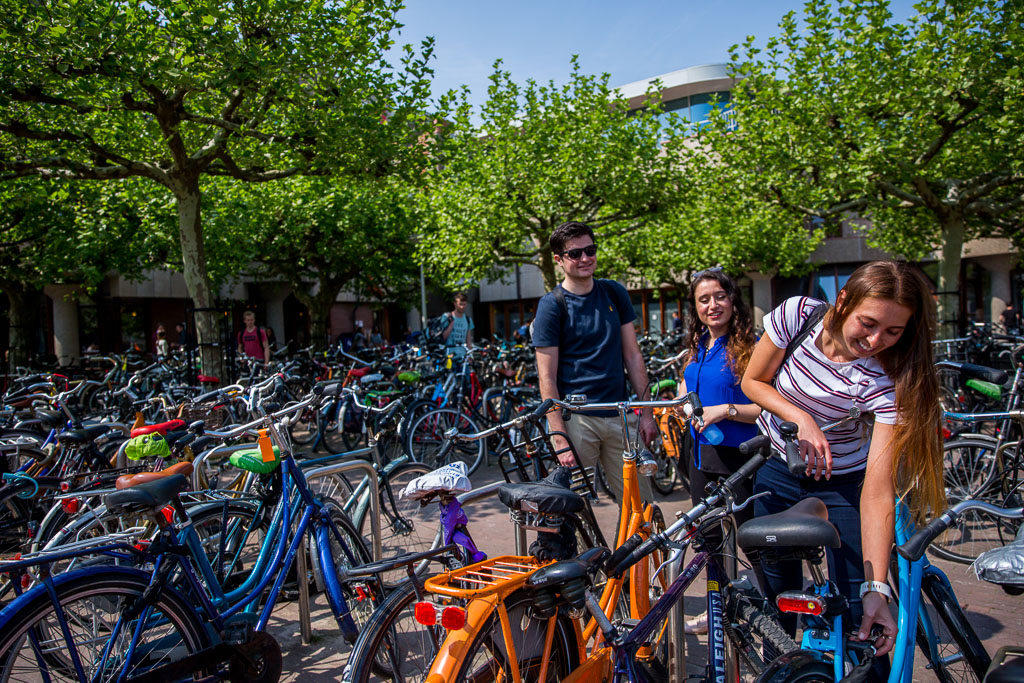
Digital Humanities
Master

Do you want to be at the forefront of the digital turn in the humanities? The current information revolution opens up exciting perspectives for research and its applications in society.
This Master's track equips you to look at culture, language, history or philosophy through the lens of digital methods.We are witnessing many exciting new trends in information technology. The vast amount of digital data that is available nowadays opens up new research questions and opportunities for real life applications. This Digital Humanities track offers a systematic way to incorporate information technology in humanities research.
It trains students with a humanities background for the growing number of research and other job opportunities that require processing of digital information. It reflects on the underlying theory and the impacts on our culture and society. It offers courses for collecting, analyzing and visualizing humanities data. Finally, you will be skilled to work with professional databases, programming scripts, and statistical tools.Students who graduated successfully from this programme were able to integrate a humanities perspective with computational methods. For instance, the thesis “Visualizing trade” (2018), in which an analysis of the Baltic trade in the 18th century was done by using visualization applications on the Sound Toll registers. Another example is
Ready to apply?
Visit course websiteLanguage
English
Title
Master of Arts
Duration
1 year
ECTS credits
ECTS
The European Credit Transfer and Accumulation System (ECTS) is a student-centred system based on the student workload required to achieve the objectives of a programme of study. Its aim is to facilitate the recognition of study periods undertaken by mobile students through the transfer of credits. The ECTS is based on the principle that 60 credits are equivalent to the workload of full-time student during one academic year.
Accreditation
Tuition fee 2025/2026
EU/EEA
The EU/EEA rate is the regular fee for students from within the EU/EEA.
€ 2,601
Non-EU/EEA
The non-EU/EEA rate is the rate for students from outside the EU/EEA.
€ 19,200
Institutional
The institutional rate is for all students who have already obtained a bachelor’s or master’s degree and who want to start a second programme leading to a degree at the same level or at a lower level.
€ 16,300
Admission
Admission URL
Application requirements
Information not availableCheck when you can start and what you have to pay!
| Tuition fees | |
|---|---|
| € 2,601 | |
| € 19,200 | |
| € 16,300 |
| Tuition fees | |
|---|---|
| € 2,695 | |
| Information not available | |
| Information not available |
| Start date | App. deadline EU/EEA | App. deadline Non-EU/EEA |
|---|---|---|
| 1 Sep '26 | 15 Aug '26 | 1 May '26 |
| 1 Sep '27 | 15 Aug '27 | 1 May '27 |
Contact
Main addressBroerstraat 5
9712 PC Groningen
050-3638100
Ready to apply?
Visit course website
